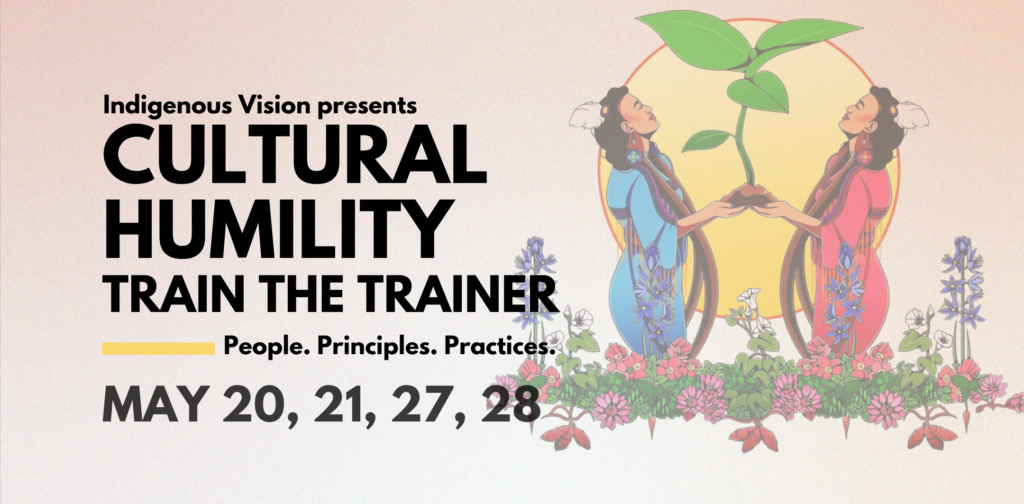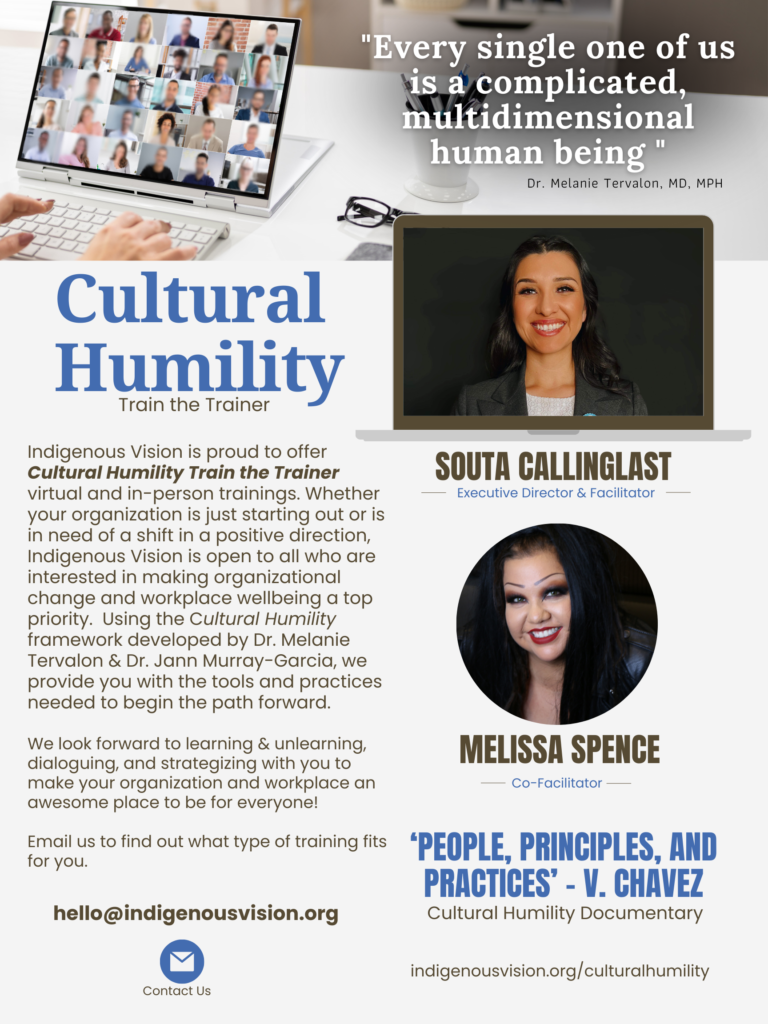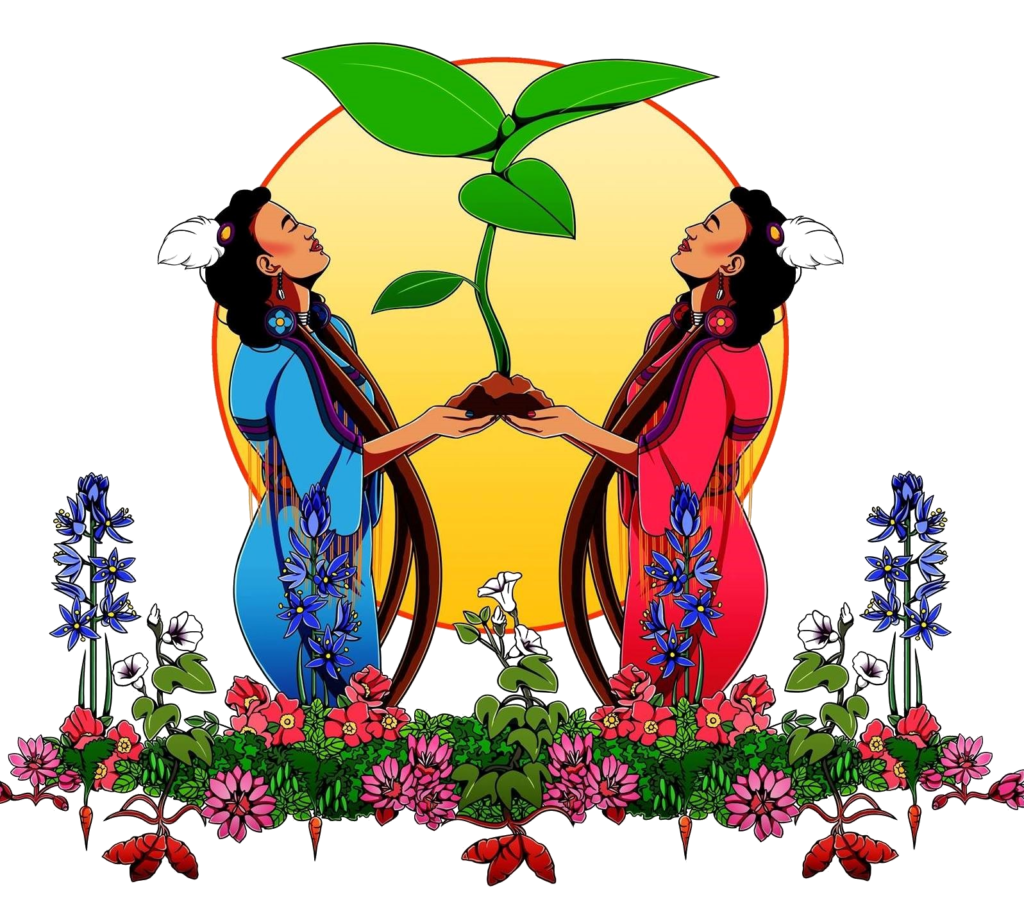Registration is now open for our May 2025 virtual Train the Trainer!

Learn the principles of Cultural Humility and build your skills through real time practice with our tools and guidance over four sessions.
Registration is now open for our May 2025 training!
Testimonials from our previous cohort members:
“I’ve been to several different types of trainings within the DEI realm and
this one was by far, the most authentic and engaging.”
“This is always the high point of my month. I will take this same series over again if it doesn’t continue after 4 sessions (and I will pay). You give out a lot of positive energy so we can keep going. Thanks.”
“I liked the listening and reflective practices from the second session. So thankful I can take part in these conversations.”
“I thought I was woke, but this training showed me I have a lot of work to do!”

Our next virtual ‘Train the Trainer’ in Cultural Humility begins in May 20, 2025!

Contact us today to host a training, now available online!
~
Listen to the Cultural Humility Podcast series by Indigenous Vision!
Cultural Humility with Dr. Melanie Tervalon – Episode 39
This week’s guest is our mentor and ‘Shero’, Dr. Melanie Tervalon! Dr. Melanie Tervalon is a nationally and internationally renowned physician, educator, community activist and thought leader. Thanks for listening and don’t forget to leave a review!
People. Principals. Practices.
The Cultural Humility model provides a method to advocate and maintain accountability by redressing the power imbalances in our communities. For over two decades, the model has replaced the insufficient notion of “cultural competence” with a cyclical approach that embraces critical self-reflection as a lifelong learning process to create a broader, more inclusive view of the world.
Goal: Train participants to understand and apply the concepts, principles, and practices of Cultural Humility.
Principles:
1). A lifelong process of critical self-reflection and self-critique
2). Redressing the power imbalances in the patient-provider dynamic
3). Developing mutually beneficial partnerships with communities on behalf of individuals and defined populations
4). Advocating and maintaining institutional accountability that parallels the three principles above.
Outline:
• Cultural Humility: origin, principles, and practices
• Focus on dialogue among the participants on the application of the Cultural Humility principles in their work, building on preparatory exercises, reading materials, historical contexts, and current political landscape.
• Common language: identity, culture, race, isms, power and privilege, microaggression, intersectionality, color, gender, age, ethnicity, religion, nationality.
• Working definitions to explore the everyday meaning and use of these terms: 1) Examples from your work, and the work of others 2) Exercises to practice being in dialogue with each other and with clients when the elements of identity, power and privilege arrive in the work environment.
• Summarize what is useful for your work
• Group dialogue and evaluation
Method:
• 10-12 hour training (format tailored to fit client needs, with multi-day option)
• Brief information presented as the backdrop for highly interactive exercises among the participants regarding each learning objective, using a standard or basic presentation as a template for learning.
• Student reflection – exercise and discussion
Overall Learning Objectives:
1. Participants can state the potential influence of power, privilege, the-isms, and their own history and relationship with clients and colleagues.
2. Participants can identify personal beliefs and values and how these factors influence their own behaviors when working with clients and colleagues.
3. Participants can use tools to practice the Cultural Humility principle of “client as the expert” when serving individuals and communities.
4. Participants practice respectful and curious inquiry about individual and community points of view, values, and life experiences, holding the stance of “listen as if the speaker is wise”.
5. Participants practice strategies to redress power dynamics from negatively influencing or obstructing the content of service delivery.
6. Participants integrate strategies into organizational structures, policies, and activities.
Participants will 1) earn a certificate of completion 2) receive a copy of the powerpoint slides and facilitator’s guide, & 3) become a member of a lifelong cohort with access to exclusive training and a network of resources.
Who should attend?
All are welcome, from community members, organizers, students, teachers, government workers, administrators, to elected leaders. Our entire community can benefit from practicing Cultural Humility. This training provides professional career development for employees to build trustful partnerships with colleagues and the people they serve. Employers will benefit from learning how organizational policy and behavior can be transformed by applying the Cultural Humility model.
Meet the trainers:
Souta Calling Last, MIM is the Founder and Executive Director of Indigenous Vision and a Roddenberry Fellow Alum. She received training in Cultural Humility as part of her Masters degree training and as a Cultural Humility Trainer from Dr. Melanie Tervalon and holds a MIM in Innovative Change Management from the University of Phoenix and a BA in Environmental Studies-Water Resources from the University of Montana. She has 20 years of experience facilitating dialogue and leading training sessions. Souta is an enrolled member and descendent of the Blood and Blackfeet Nations
Melissa Spence, (she/her) is an Ojibway/Anishinaabe member of the Lake Manitoba First Nation in Treaty 2 of Canada. Born in Winnipeg (Canada) she spent several years working in Indigenous media as a radio host for local and national networks like Sirius XM and as a music director in the Broadcasting industry. Today she’s the proud business owner of her own audio production and voice over company based out of Las Vegas. In 2015 she began contributing to Indigenous Vision as the producer and host of IVMusic where she’s presented over two hundred episodes featuring Indigenous musicians and artists from ‘All Genres, All Directions’. Since 2019 she’s also been the producer and co-host of the IVPodcast with Executive Director Souta Calling Last.
In 2021 Melissa officially became a Cultural Humility Trainer bringing her unique life experiences as an Indigenous woman raised by two 60’s scoop survivors who has reconnected with her Anishinaabe culture that encompasses many of the Cultural Humility themes and overall way of being.
Indigenous Vision (IV) is a community-supported 501(c)(3) nonprofit organization based in Phoenix, Arizona, and Missoula, Montana with a mission to revitalize Indigenous communities – culture, people, and land – by providing educational resources through quality programs that promote well-being. All proceeds from cultural humility training are used to implement IV’s core community projects that advance environmental and social justice. Learn more and support us at www.indigenousvision.org.
The Cultural Humility model is sourced from a Train the Trainers session taught by Dr. Melanie Tervalon and Dr. Jann Murray-Garcia, along with their published article:
“Cultural Humility: People, Principles and Practices,” a 30-minute documentary:
Please support a path towards equity by making a tax-deductible donation!
